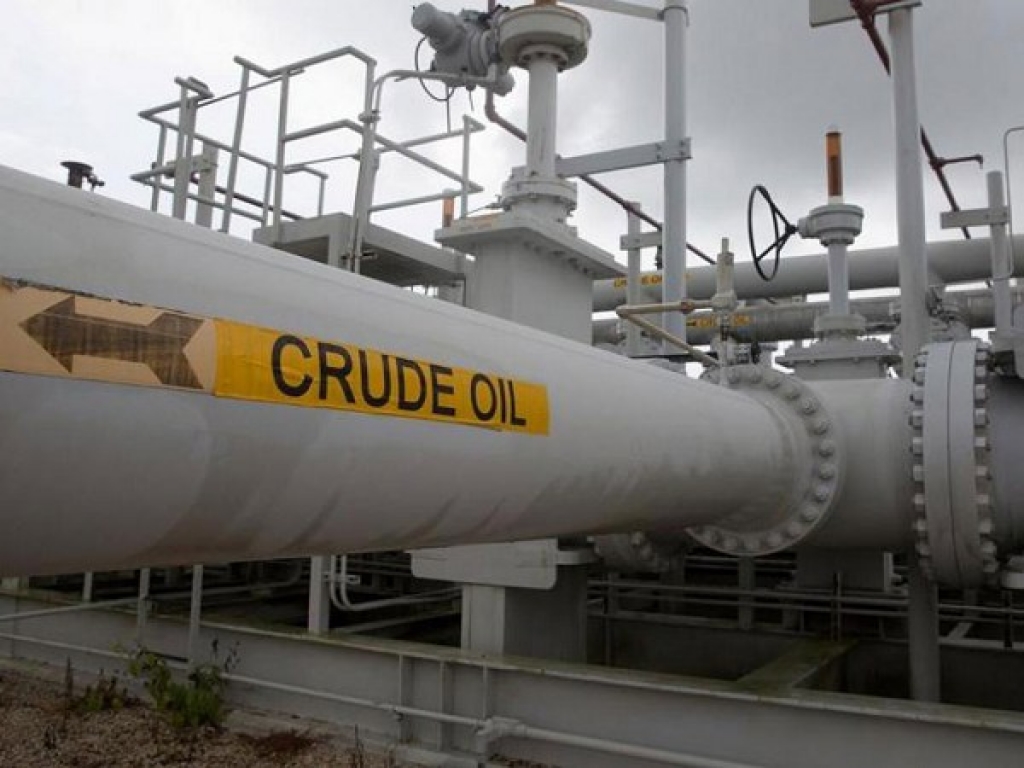 MOSCOW: Urals differentials were up slightly in the Baltic on Friday as December-loading cargoes remained in demand due to expectations of lower Urals supply in the coming months.
MOSCOW: Urals differentials were up slightly in the Baltic on Friday as December-loading cargoes remained in demand due to expectations of lower Urals supply in the coming months.
In the Platts window, Litasco offered 100,000 tonnes of Urals loading from Baltic ports on Dec. 18-22 and Total bought the cargo at dated Brent minus $0.45 a barrel, which was 5 cents a barrel firmer than recent deal levels, traders said.
Market participants awaited the Russian crude oil export schedule for January-March 2018, which is expected to be released by the ministry of energy in the end of next week.
The schedule may show lower supplies from Russia's western ports as high refinery runs in Russia coincide with Rosneft's move to divert crude oil from the West to increase supplies to China under a state agreement, some market sources said.
Rosneft will increase supplies to China's CNPC to 28.7 million tonnes in 2018 from 16.5 million tonnes in 2017. The increase is to start in January.
As additional production in East Siberia is limited by the OPEC production agreement, Rosneft has to increase supplies to the East by diverting crude oil volumes from Western destinations, most likely the ports, market sources explained.
Some traders on the European crude oil market complained, though, that Urals was expensive as plenty of alternative crude from the Middle East, especially Iraq, was in the market, while refining margins in Europe were weak.
There were no bids or offers for Urals in the Mediterranean, or for Siberian Light, Azeri BTC or CPC Blend in the Platts window on Friday, traders said.
The Azeri BTC loading plan for January issued late on Friday showed relatively stable exports for the next month. Azeri BTC loadings from Ceyhan port in January were planned at 21.64 million barrels compared with 21.75 million barrels in December, the loading plan seen by Reuters showed.


























Comments
Comments are closed.